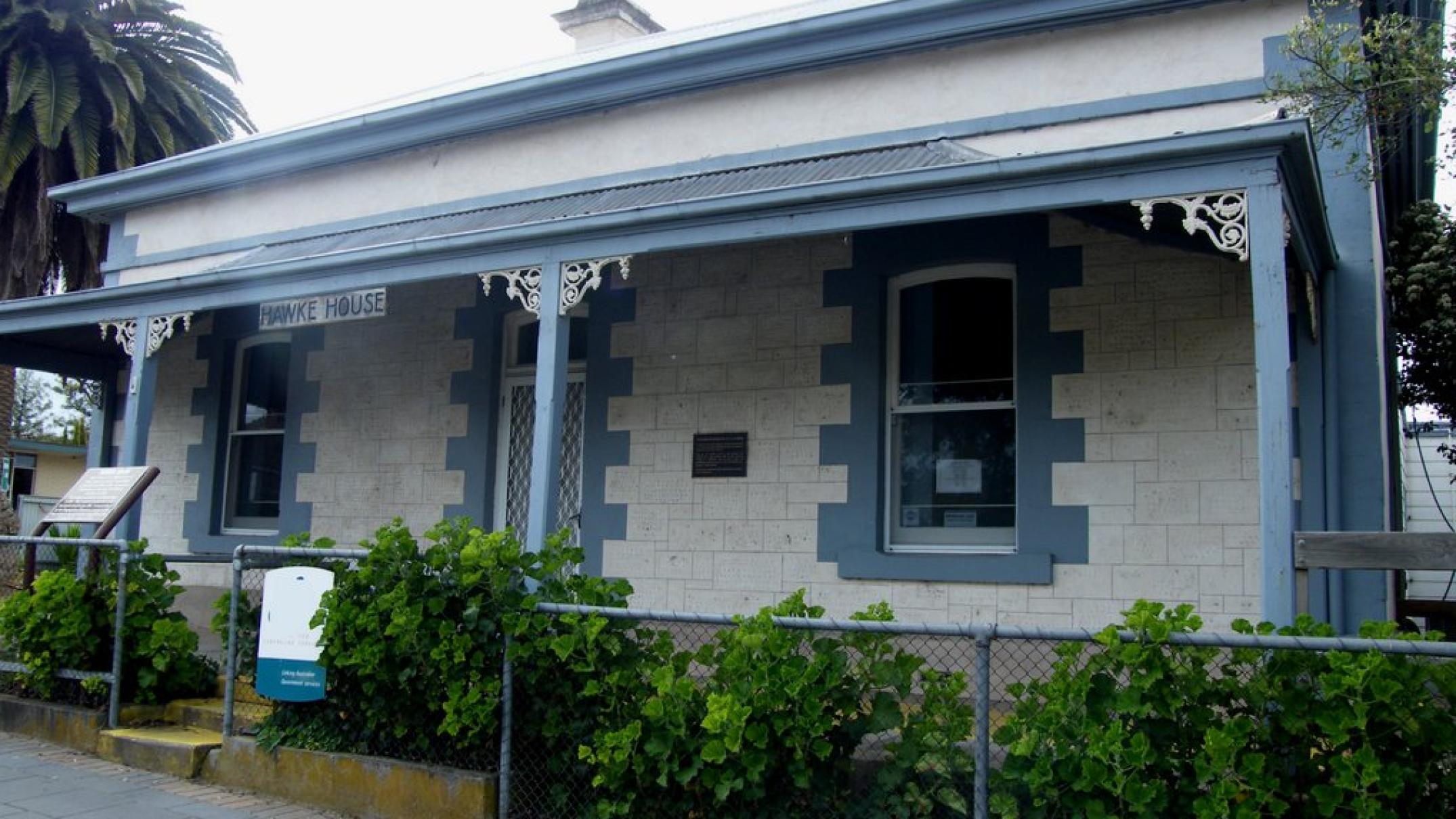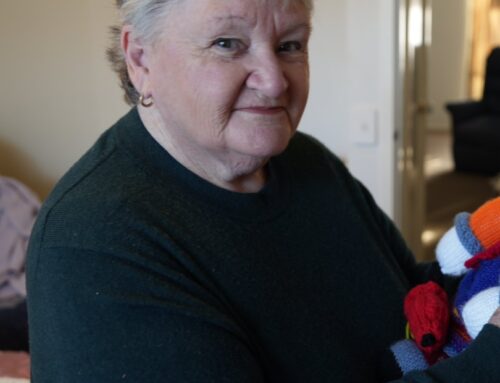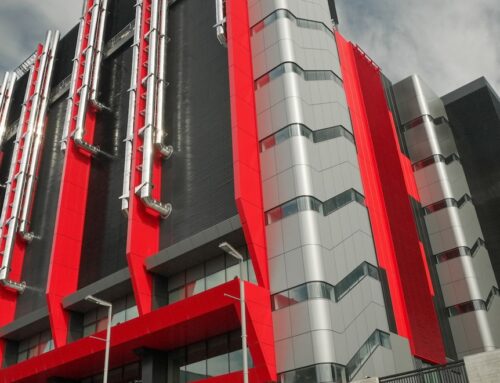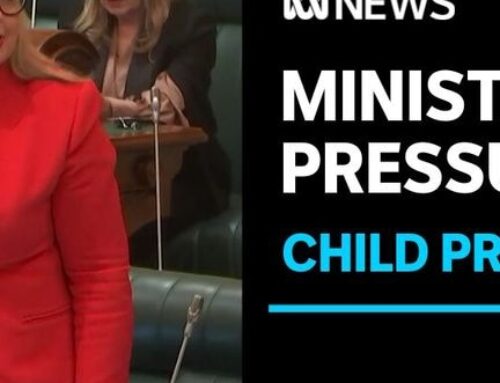The childhood home of late former prime minister Bob Hawke will be turned into tourist accommodation for visitors to the regional South Australian town of Bordertown.
Key points:
- Bordertown’s Hawke House to be turned into visitor accommodation
- Late Prime Minister Bob Hawke spent his early childhood years there
- The Tatiara District Council has received approval from the Federal Government to proceed with the changes
Hawke House is presently being used as office space for community organisations.
The Tatiara District Council has endorsed a business case that would shift its use to tourist accommodation.
Chief executive officer Anne Champness said there were essentially three primary reasons for the council’s decision.
“One, we wanted to maintain that heritage asset, make sure that it’s retained and is available to be accessed by the public,” she said.
“Two, that we really didn’t want its ongoing operation to come at a massive cost to ratepayers. It needed to be able to carry itself.
Ms Champness said the council, under the direction of consultants, had looked at the many use options for prime ministerial houses.
One option had been to run Hawke House as a museum, but it came with an approximate price tag of $10,000 to staff.
“We really didn’t want to see the financial burden fall back on the council and ratepayers,” Ms Champness said.
“In the end, the short or longer-term accommodation, or the residential option, was really the one that worked best.”
For visitors, not workers
The region faces an ongoing accommodation shortage for short-term workers, but Ms Champess said the change was not made with worker housing in mind.
“This is really probably more looking at the visitor market rather than the worker market,” she said.
“Or [the public could] use it for other purposes on a more flexible basis than if it was permanent office accommodation, or booked really long term by somebody as a residential home.”
Ms Champness said she thought the community would be pleased by the decision.
“I think it’s quite a positive project if we can retain that heritage asset, but not at a significant cost,” she said.
“So I think that, to me, is a really positive way forward with this project.”





